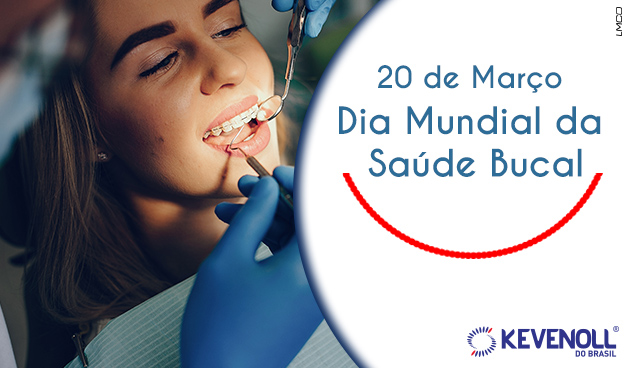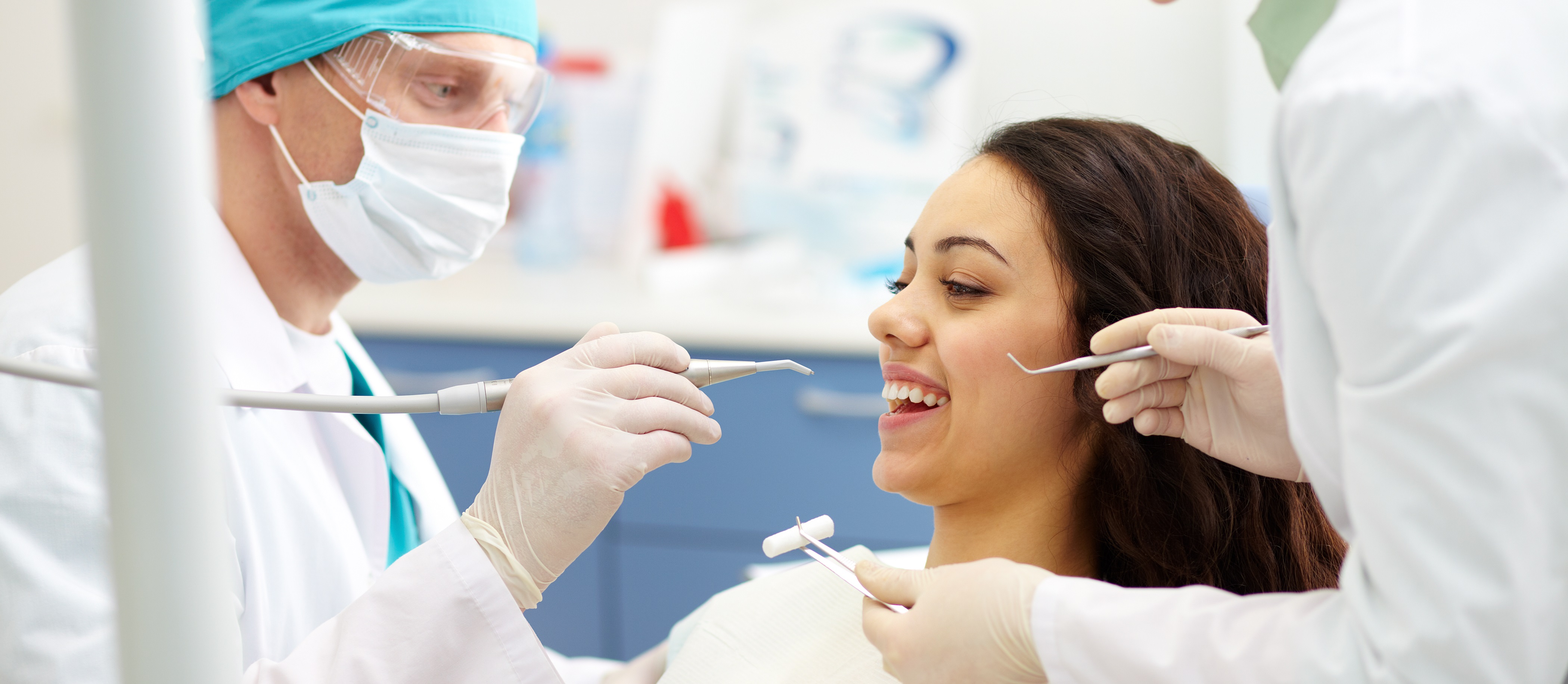Celebrated on March 20, world oral health day was instituted by the International Dental Federation (IDI), which annually organizes an awareness campaign on the subject, with actions to reduce the rates of caries, periodontal diseases and tooth loss.
The IDI campaign takes place in more than 200 countries around the world, alerting the world’s population to the need for tooth and mouth care, and spreading messages about good oral hygiene practices for adults and children, as well as demonstrating the importance of mouth care for the health of the whole body and the well-being of each individual.
This year, the IDI brings the theme “Say ahh: United for Oral Health”, with the intention of mobilizing health agents, dentists, governmental and non-governmental agencies, and also the general population to act together in a movement of awareness that a healthy mouth corresponds to a healthy life.
Some of the most common oral problems:
- Caries;
- Oral lesions and thrush;
- Bad breath;
- Gingivitis;
- Plaque;
- Tatar.
Most oral problems can be avoided with a proper hygiene routine, and frequent visits to the dentist.
Is your dental clinic ready to attend safely?
The dentist is the main professional involved in oral health care, dealing not only with tooth problems, but also gums, cheeks, mouth and facial bones.
And in the routine of dental offices and clinics, dentists need to deal with all kinds of oral diseases, being exposed to various types of bacteria, viruses and other microorganisms. In addition, because they are in direct contact with the oral cavity of their patient (which is an access door for the whole organism), dental procedures also expose patients to the risk of contamination with various diseases.
Therefore, it is extremely important that dentists and dental clinic owners be attentive to hygiene and safety protocols in their establishments, protecting themselves and their patients.
Diseases such as Hepatitis B and C, HIV and even the new Coronavirus (COVID-19) can be contracted through contact with contaminated blood and saliva, making it essential that dentists make proper use of protective equipment, such as caps, masks, and especially procedure gloves.
Read also: What is the right glove for each activity?
Hands and arms are always exposed to the risk of accidents and contamination, even in the simplest of procedures, and therefore, the use of procedure gloves is essential. Whether latex or nihilism, the recommendation is that certified and quality products are always used, avoiding tearing and perforation.
Worry about the validity, the conditions of your stock, and always prioritize purchasing products with serious companies and certified by ANVISA, to ensure the quality and effectiveness of your gloves.
Kevenoll products have all the legal certifications and documentation that guarantee our customers products with quality and efficiency.



